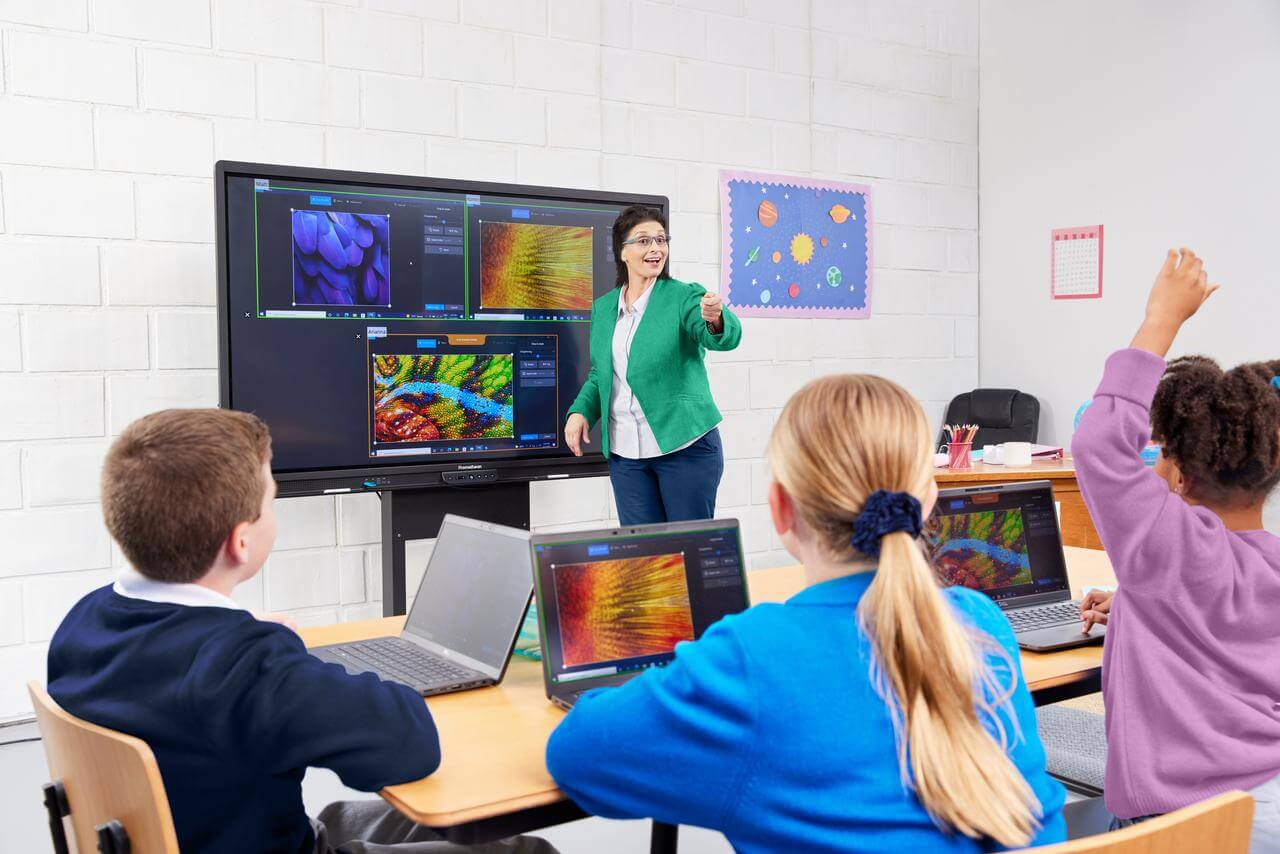Master Primary Science Concepts with Quality Tuition in Singapore
Master Primary Science Concepts with Quality Tuition in Singapore
Blog Article
Discover the Necessary Benefits of Understanding Main Science for Young Learners
The value of primary science education for young students prolongs far past plain expertise purchase; it offers as a fundamental column in creating crucial skills such as essential reasoning, problem-solving, and imagination. Engaging with scientific concepts with inquiry-based and interactive activities not only grows inquisitiveness however likewise lays the groundwork for resilient, confident students.
Enhancing Crucial Believing Skills
Cultivating important thinking abilities in young learners is essential for their cognitive growth and future academic success. Essential thinking enables youngsters to examine information, examine evidence, and make educated decisions, which are essential skills in today's information-rich society. By taking part in clinical inquiry, young students can improve these abilities as they discover ideas through trial and error, monitoring, and thinking.
In main science education and learning, instructors can facilitate vital reasoning by motivating pupils to ask questions, develop hypotheses, and perform experiments. This hands-on method allows kids to exercise problem-solving and establish sensible thinking abilities. When pupils explore the homes of materials or the principles of activity, they find out to analyze their searchings for seriously and attract final thoughts based on evidence.
Additionally, discussions and collaborative tasks can advertise essential thinking by supplying chances for learners to verbalize their ideas, difficulty presumptions, and take into consideration varied perspectives. By creating a supportive environment that values questions and representation, teachers can nurture vital thinking abilities that equip young learners to come to be long-lasting learners and independent thinkers. Eventually, enhancing these abilities lays a durable foundation for their future scholastic endeavors and personal development.
Promoting Interest and Exploration

Main science education and learning supplies a structured atmosphere where young students can explore numerous phenomena via hands-on experiments and monitorings. By permitting them to communicate with products and participate in inquiry-based learning, instructors create chances for youngsters to develop theories, test their ideas, and attract conclusions. Such experiences nurture a feeling of marvel and excitement about scientific research.

Structure Self-confidence in Issue Fixing
Building confidence in analytical is a vital part of main science education that empowers young learners to approach challenges with durability and creative thinking - primary science tuition Singapore. They develop essential abilities in important reasoning and analysis when children are encouraged to engage with clinical ideas through hands-on activities and inquiry-based discovering. This process not only enhances their understanding of clinical concepts however additionally cultivates a sense of ownership over their understanding
To build confidence, educators must create a helpful environment where blunders are checked out as opportunities for growth rather than failures. This motivates students to take risks and check out various services to issues. By supplying scaffolding and assistance, instructors can help trainees navigate complex tasks, slowly enhancing their independence in problem-solving circumstances.
Moreover, joint learning experiences, such as team tasks or experiments, can better boost pupils' self-confidence as they find out to express their ideas and pay attention to others' viewpoints. These communications nurture social skills and reinforce the concept that analytic is often a cumulative undertaking. Ultimately, cultivating confidence in problem-solving prepares young students for future academic challenges and outfits them with the devices required for lifelong learning.
Urging Imagination and Advancement
In the realm of primary scientific research education, encouraging creativity and technology is crucial for growing a dynamic learning setting. By cultivating a society where young learners can explore concepts and experiment easily, educators aid trainees develop essential thinking abilities and a passion for exploration. Creativity in scientific research encourages youngsters to ask questions, design hypotheses, and take part in hands-on activities that boost their imagination.
Incorporating open-ended tasks and inquiry-based knowing right into the educational program allows pupils to share their distinct perspectives and remedies. When tasked with solving a trouble relevant to their atmosphere, pupils can conceptualize multiple strategies, leading to inventive end results that showcase their originality. This not just grows their understanding of scientific ideas but additionally instills a sense of ownership over their discovering process.
In addition, creative science education nurtures collaboration among peers, as students commonly share concepts and develop on one an additional's understandings - primary science tuition Singapore. This joint spirit advertises not just technology yet additionally essential social skills. Thus, by prioritizing imagination and advancement in main scientific research education, we empower young learners to assume critically, accept obstacles, and envision possibilities, laying a solid foundation for long-lasting from this source discovering and expedition
Preparing for Future Knowing Difficulties
Young students' ability to navigate future learning difficulties rests on a strong structure in key scientific research education. This foundational understanding equips pupils with crucial believing abilities and a methodical approach to analytic, necessary for taking on intricate issues in an ever-evolving globe. Key science cultivates inquiry-based learning, urging students to ask concerns, discover theories, and engage in hands-on experiments.
As they establish these skills, learners end up being experienced at evaluating data, acknowledging patterns, and drawing notified final thoughts. Such expertises are vital not just in scientific fields yet also in design, modern technology, and math (STEM), where interdisciplinary expertise is increasingly vital.
Moreover, primary science education grows a feeling of interest and durability in young learners, more helpful hints allowing them to see obstacles as chances for growth. As they run into and overcome obstacles in their scientific explorations, they build confidence in their capability to introduce and adjust.
Inevitably, a solid structure in key science not only prepares young learners for academic pursuits but likewise furnishes them with the tools needed for long-lasting understanding and adaptability in a rapidly changing worldwide landscape. By this purchasing key scientific research education, we are purchasing the future potential of our learners.
Final Thought
Comprehending key scientific research is essential for young students, as it promotes vital thinking, interest, and imagination. Eventually, the advantages of primary science education prepare kids for future academic pursuits and infuse long-lasting understanding practices necessary for flourishing in an ever-evolving world.
The relevance of key science education for young learners expands much beyond mere expertise procurement; it offers as a basic column in establishing important abilities such as important thinking, analytic, and imagination. By creating an encouraging environment that values questions and reflection, instructors can nurture critical assuming skills that equip young students to come to be independent thinkers and lifelong learners. Thus, by prioritizing creative thinking and innovation in primary scientific research education, we empower young students to assume seriously, welcome obstacles, and picture opportunities, laying a solid structure for long-lasting discovering and expedition.
Young learners' capability to browse future discovering difficulties hinges on a solid foundation in primary science education.Comprehending main scientific research is crucial for young learners, as it fosters important thinking, curiosity, and creativity.
Report this page